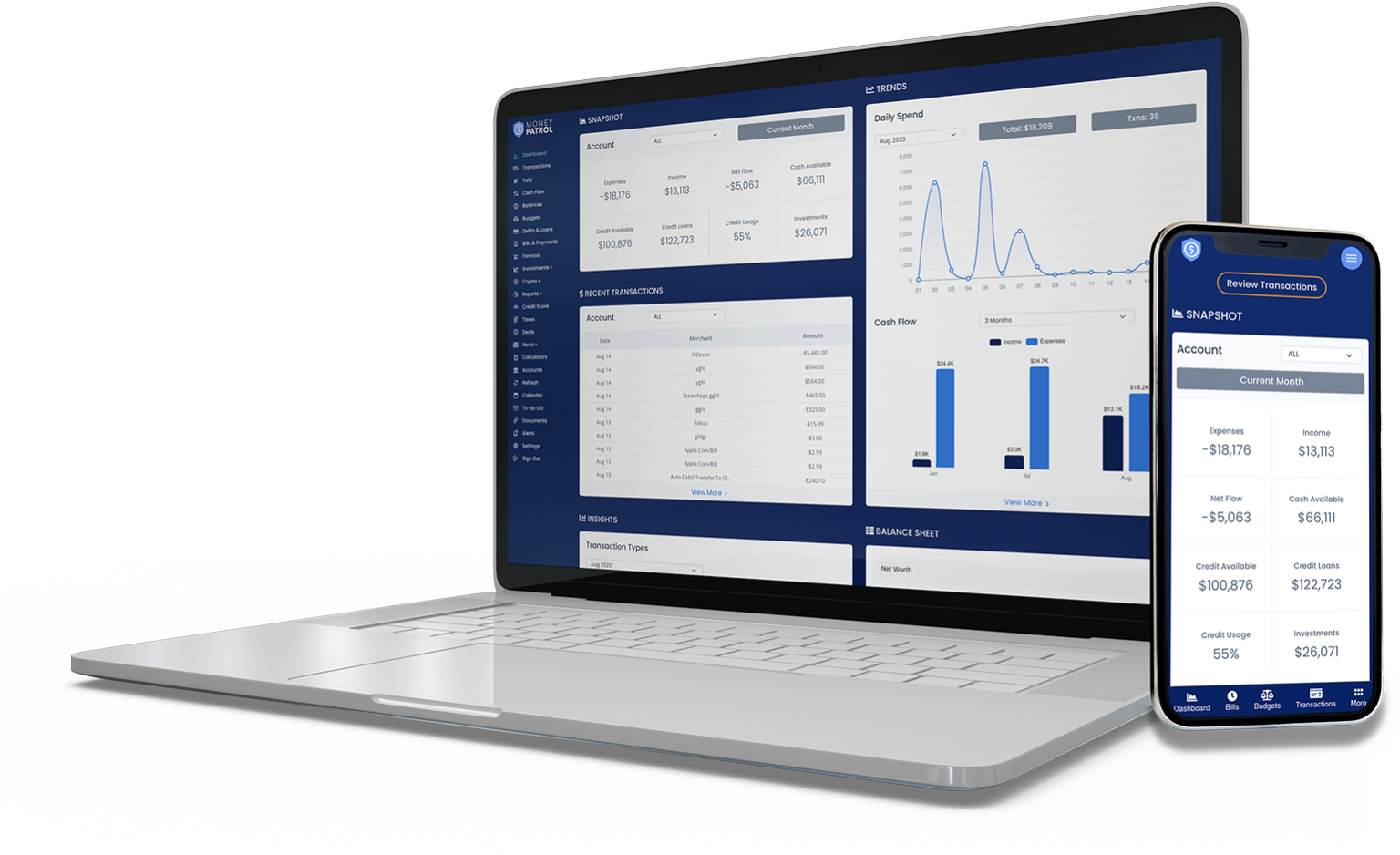Looking for Finance Books on Budgeting, Savings, and Money Management?
Finance Education is an essential aspect of human life. A budget can help you feel more in charge of your finances and simplify saving for your objectives. However, most people often require tracking where their money goes each month. The key is to find a method for tracking your finances that works for you. The procedures below might assist you in creating a budget.
- A budget is a tool that may assist you in making critical financial decisions.
- Whether you’re thinking of breaking your financial relationship with your spouse, your income and financial help may alter substantially when you break a relationship.
- You should review your assets to see if they’ll be enough to sustain you and your family.
You may plan to fulfil your family’s financial demands. If you take the time to assess how much money you need to sustain your family before you go.
- Savings is the amount that remains after an individual’s consumption demands have been met.
- People buying on credit and escalating EMI commitments have little or no monthly savings.
- Savings aid in the accumulation of cash for the future.
- Savings can assist you in earning additional money through investing.
- Even money sitting dormant in a bank savings account makes interest every year.
Individuals can also protect themselves against unanticipated calamities by saving or putting money away. Such as spreading the COVID-19 pandemic or the lockdown. Such situations can occur at any time to a person for any reason.
Effective money management is essential for reaching your financial objectives. But what exactly is money management? Budgeting and saving are two crucial aspects of money management. Making a budget reveals your money and where it is going.
Understanding where your money is going is critical to financial success. Budgeting may help you save money, manage and plan for debt repayment, and save for a large purchase or something long-term, such as retirement.
1. "The Total Money Makeover" by Dave Ramsey

This New York Times bestselling explains, without equivocation, how to get out of debt and enhance your financial situation by avoiding typical pitfalls such as rent-to-own, cash advances, and credit.
It also provides sound advice on how to build an emergency fund, save for education and retirement, and use Ramsey’s famous “Snowball Method” to pay off debt.
Dave Ramsey is a renowned financial author, radio broadcaster, TV personality, and public speaker whose message emphasises debt reduction and wealth creation.
Many clients have asked me for my thoughts on Ramsey’s theories, motivating me to read his book.
The book’s central theme is to live within your means, avoid debt, and be responsible.
“Personal finance is 80 per cent conduct and only 20 per cent head knowledge,” the book’s author claims.
This approach is correct, but I believe it may also explain why Ramsey selects specific inefficient recommendations for his readers.
Money management is an ability that everyone should acquire, regardless of their income level or age. It does not modify how little money you now earn; what matters is how you manage that money. My debt burden was not high when I bought this book, but I did not appear to have money left over at the end of the month.
2. The Financial Diet by Chelsea Fagan

It is recommended as the most fabulous budgeting book for folks who don’t care about personal finance. It’s the ideal book for recent grads or those just starting in the financial world.
The guide is simple to read; it is divided into seven parts, each focusing on a different area of one’s money. Expert interviews and graphic visuals break up each topic. My only quibble is the addition of a “food” section.
Fagan’s “9 Step Process” entails making a budget, saving for an emergency fund, reviewing credit cards, adding another source of supplementary income, and so on.
- The author draws on her personal experiences and consults financial thought leaders for more authoritative guidance.
- The book’s features include the “9 Step Process to Becoming Good at Money in a Year” section and budgeting guidance.
Other money subjects covered in the Financial Diet include work, investment, food, and house. You’ll also learn how to create a budget. Overall, it’s a well-rounded budgeting beginner’s guide for individuals who don’t know where to begin.
3. Your Money or Your Life by Joe Dominguez and Vicki Robin
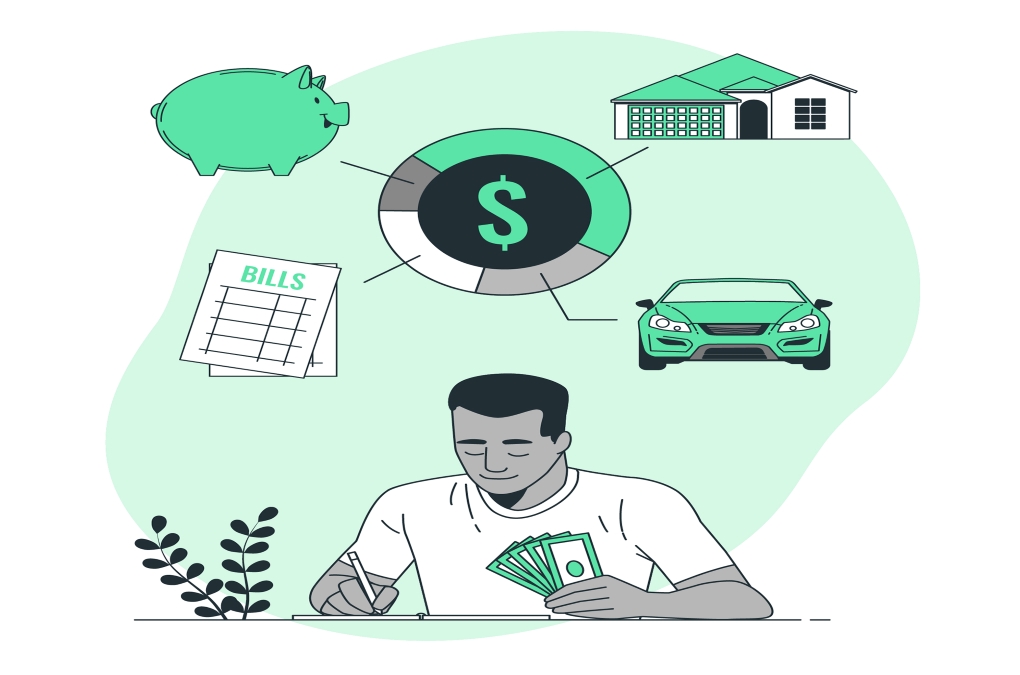
Joe Dominguez and Vicki Robin’s Your Money or Your Life: Transforming Your Relationship with Money and Achieving Financial Independence is one of my all-time favourite books. It’s maybe the most OK book on personal finance ever published. It transformed my life.
YMOYL is a philosophical journal rather than a financial magazine. The emphasis is on values and developing a healthy relationship with money rather than particular investment suggestions and financial independence tactics. According to the book’s writers, money is a life force. As a result, with each transaction, we exchange a portion of our lives for the thing or service acquired.
The primary point is that it makes no sense to spend the majority (and best) of your life at work merely to acquire materialistic items with the money you earn. In nine steps, the writers lead the reader to the “correct” way.
The book opens by discussing the everyday lifestyle of individuals in our culture – working long hours, being stressed out, and not seeing their family. All to sustain a luxurious lifestyle, to have material belongings. Does this sound familiar? If that’s the case, this book is for you.
The book then discusses how valuable our time is, how little of it we possess, and how we surrender our lives for money to acquire goods. If this transaction does not satisfy you, they recommend that you lower your living expenditures, raise your income, save the difference, and retire.
4. Broke Millenial by Erin Lowry
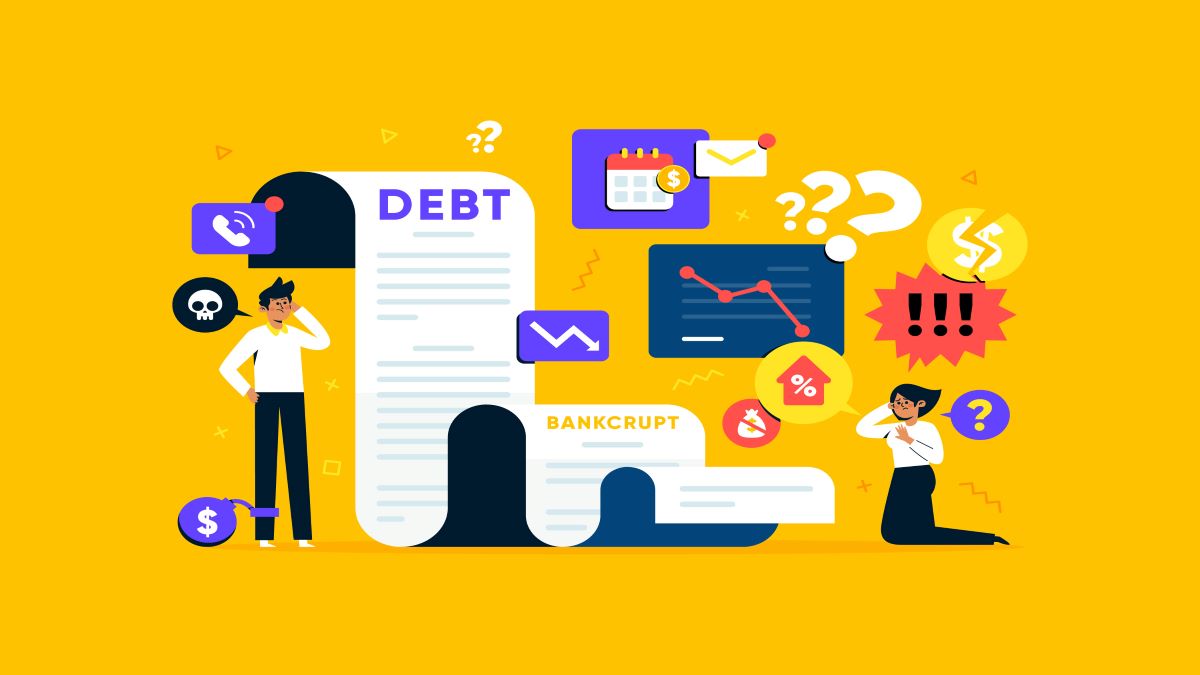
“Broke Millennial: Stop Scraping By and Get Your Financial Life Together,” by Erin Lowry, addresses all the fundamentals of financial management you need to know before embarking on your finance path, and Anton provides his opinions on the book.
Budgeting does not need you to be a NASA engineer. After all, the basics of budgeting and saving are relatively straightforward. Broke Millennial: Stop Scraping By and Get Your Financial Life Together, Lowry’s debut book, serves as a fantastic introduction to personal financial management, whether you’re a teenager or well into your career.
While the name indicates a millennial target market, the material is suitable for people of all ages (even if the writing style is very much in the vernacular of the generation).
Lowry delves into several fundamental areas of personal finance that a novice may experience, such as budgeting and debt management, salary negotiation and investing.
She also talks about other topics, such as dividing bills with pals when you go out and talking finances with your partner.
However, putting it into action is far easier said than done. Your instincts are brutal to control, whether for overeating or overspending.
Lowry’s advice may seem a little simple if you’re already well-versed in personal finance and seeking sophisticated methods to boost your financial life. But it isn’t always negative; this book isn’t written for you.
5. How to Quit Living Paycheck to Paycheck by Avery Breyer

Many of us live above our means or make do with what we earn each pay period. How to Quit Living Paycheck to Paycheck: A tried-and-true road to financial wellness Avery Breyer’s (Smart Money Blueprint) is a nonfiction consumer finance self-help book.
Breyer demonstrates how a budget may help people break out from the paycheck-to-paycheck cycle and begin preparing for costs and saving.
She explains the advantages of budgeting and dispels several common myths about this financial instrument.
It’s a difficult way to live, constantly worrying about whether you’ll be able to make ends meet with too much money left at the end of the month. People in America, regardless of money, are caught in the cycle. Living paycheck to paycheck is not simply a problem for the working poor. It transcends all socioeconomic lines.
The author examines credit cards and other debt and demonstrates ways to pay them off or avoid them entirely.
With the book, Breyer includes a custom-made money-tracking tool that may be used to create and manage your budget. She walks you through how to set it up for your first month of budget planning and tracking and how to alter and maintain it in the future.



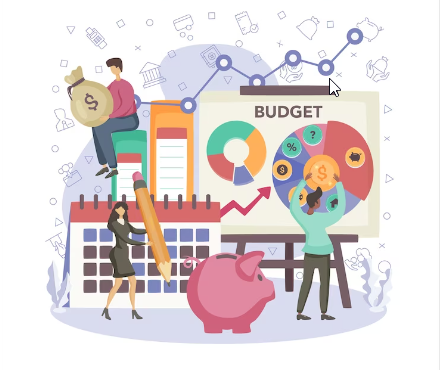
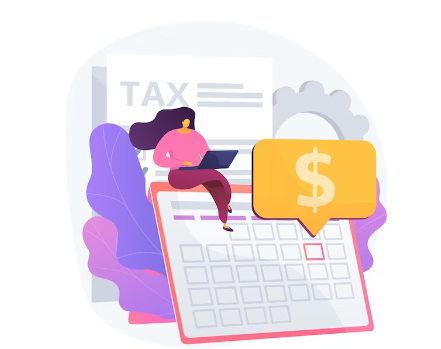
 Our users have reported an average of $5K+ positive impact on their personal finances
Our users have reported an average of $5K+ positive impact on their personal finances
